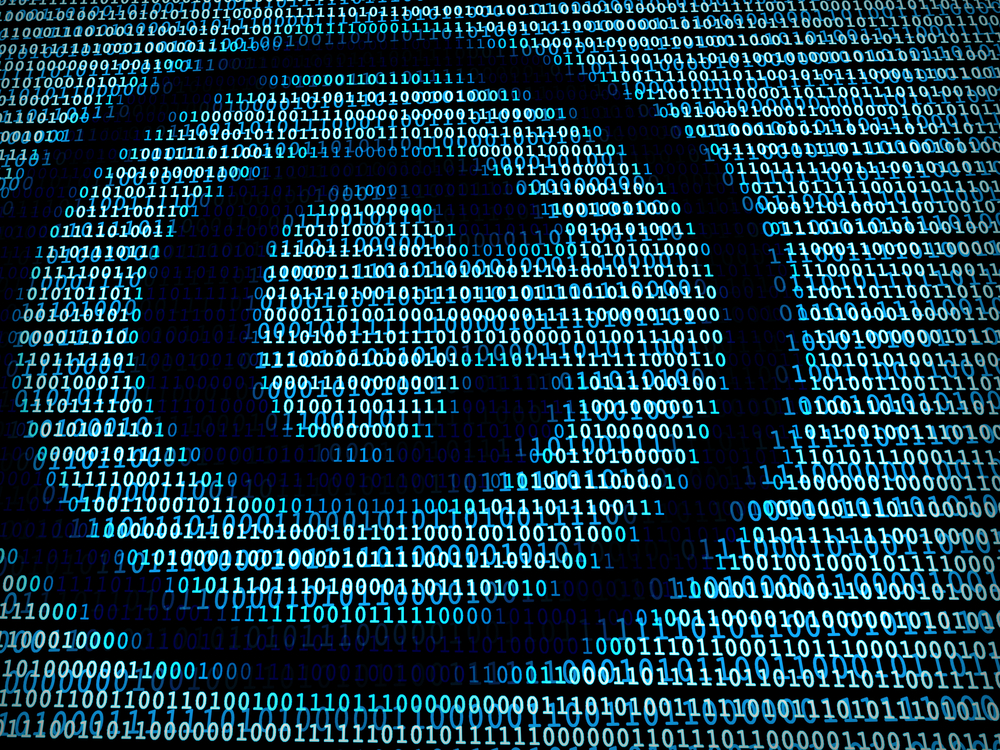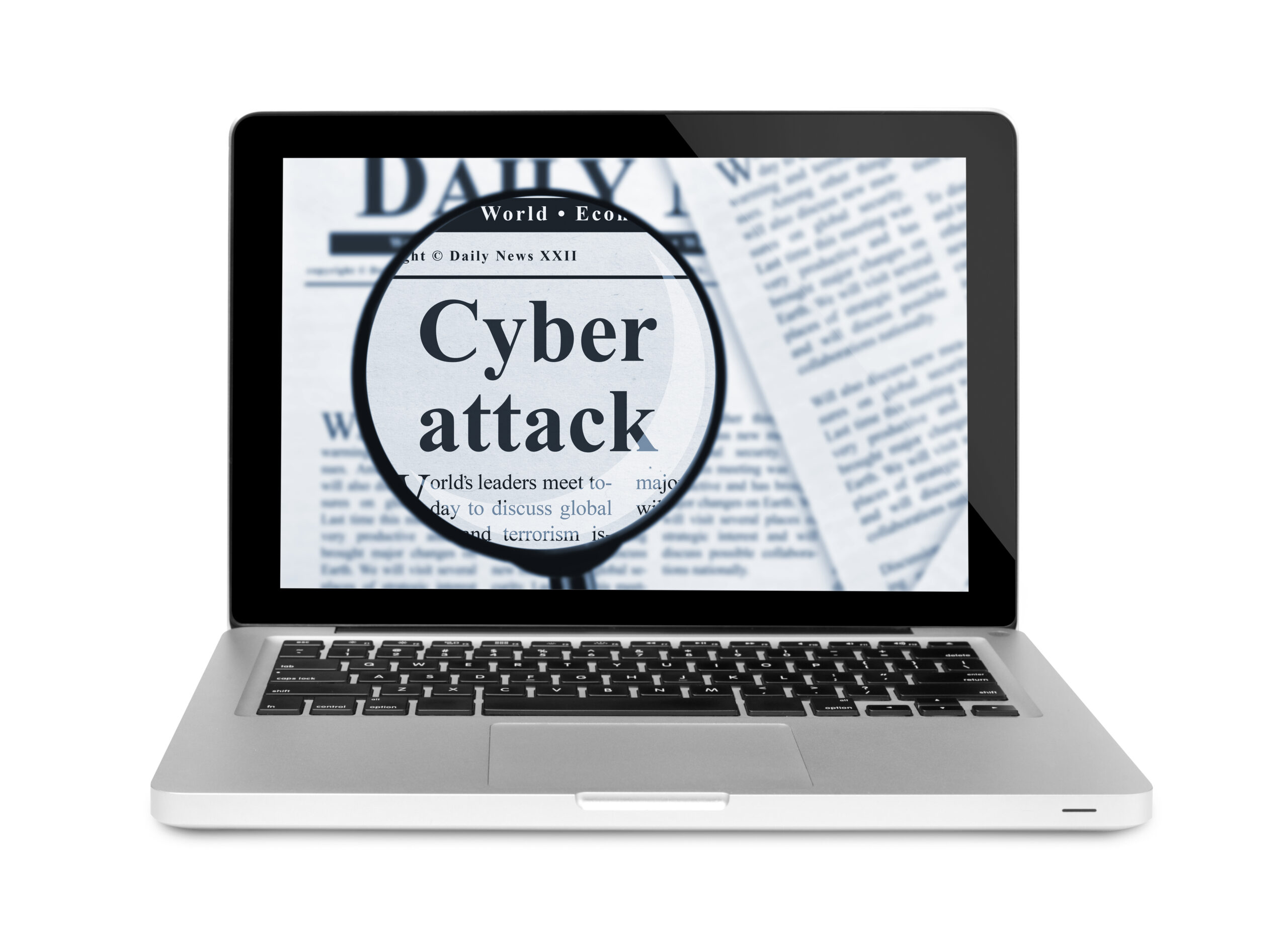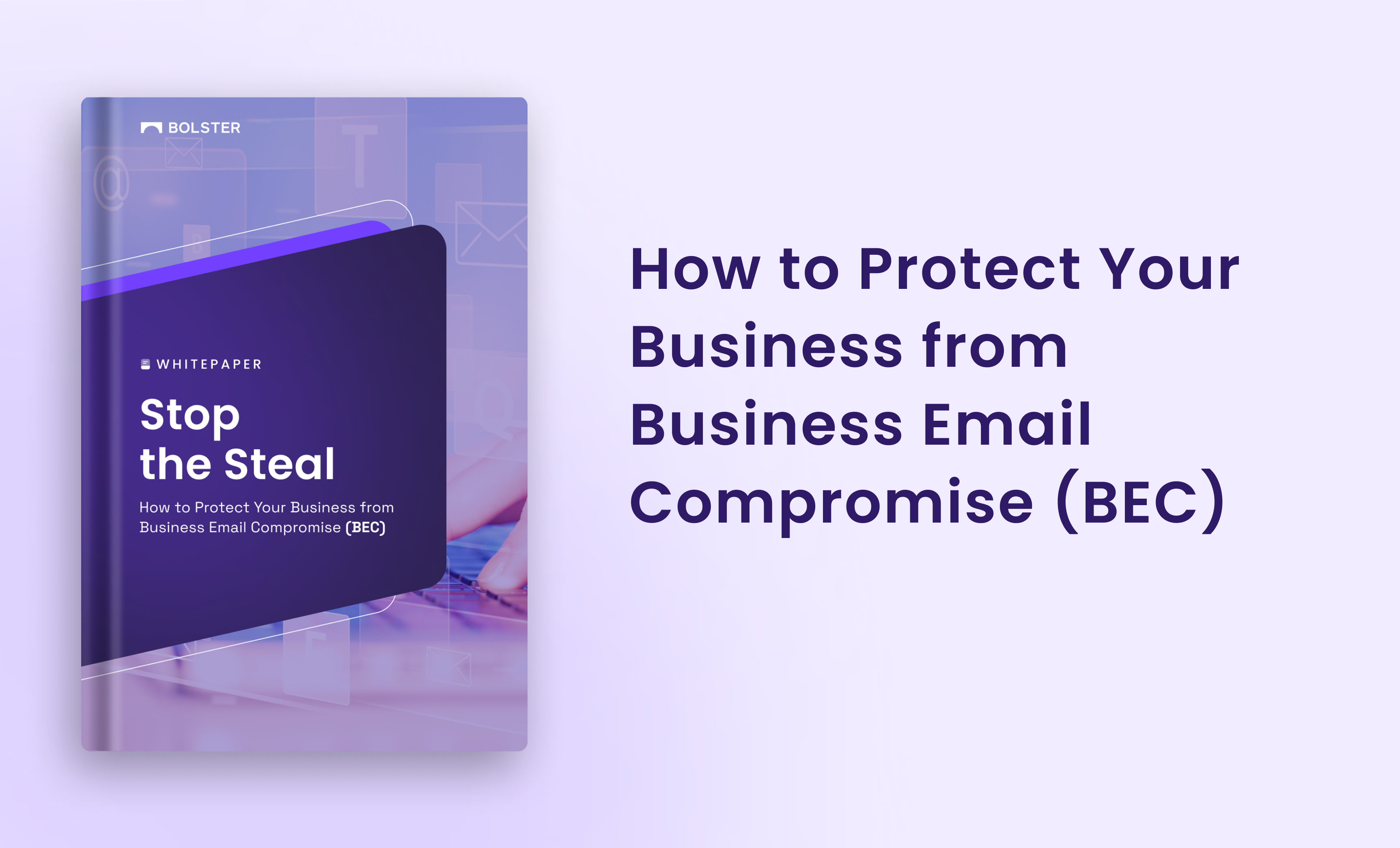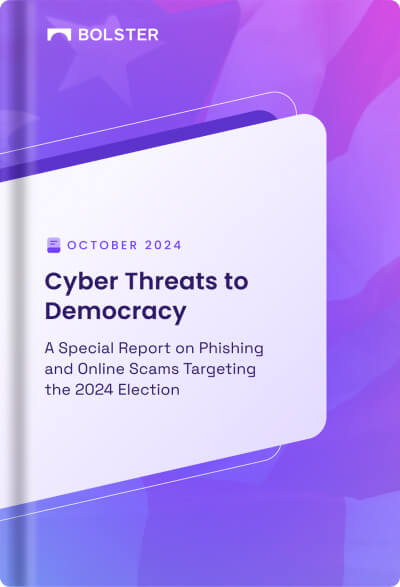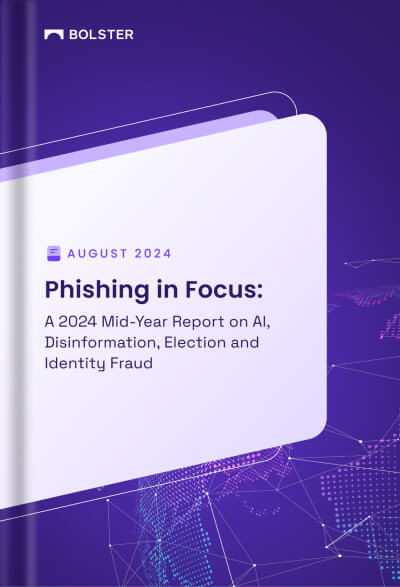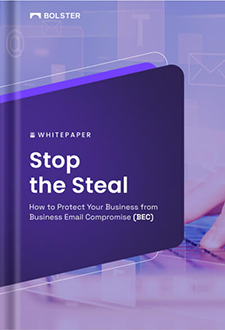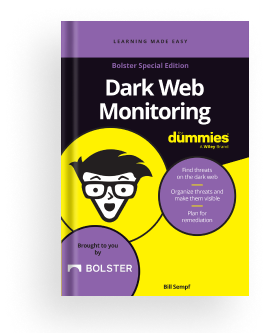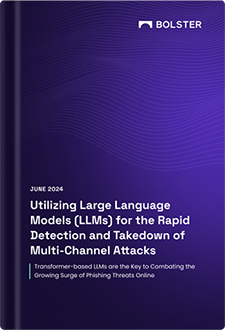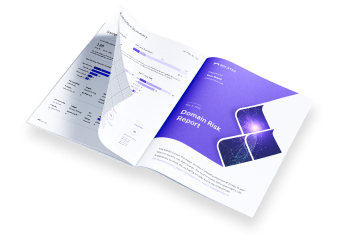As an IT security and risk management professional, understanding copyright infringement is crucial to protecting your business. You might think copyright infringement is centered around things like musicians using each other’s songs without permission, or recording a movie at a movie theater, but copyright infringement is actually a larger issue that impacts businesses of all sizes.
In this blog we will define what copyright infringement is, give you examples of copyright (both in the news and for businesses), and examine why it’s a concern for businesses.
What is Copyright Infringement?
Copyright infringement is the unauthorized use of original content protected by copyright law. This includes using a work without permission from the copyright holder, copying and distributing it without consent, or creating derivative works based on the original material. In many cases, copyright infringement can lead to legal action by the creator or owner of the copyrighted material, resulting in court orders and financial penalties.
It’s important for businesses to be aware of copyright laws and take steps to protect their own intellectual property as well as respect others’ copyrights. Educating employees on what constitutes fair use and ensuring they have proper permissions before using any copyrighted materials can help prevent potential legal issues down the line.
It’s also important to educate employees on how to identify instances of copyright infringement targeting your brand assets, where the bad actors might be targeting employees using fake versions of the company website or email. More on that later.
Who does copyright infringement protect?
Copyright and intellectual property laws are in place to protect creators (both individual and business owners) and give them exclusive rights to their works, including distribution and creation of derivative works. Unauthorized use of copyrighted material can result in legal action taken by the copyright holder, with financial costs associated both with potential court/legal fees, as well as potential business loss or reputational damage costs.
Exclusive rights granted to copyright owners allow them to control how their work is used, distributed, or modified. The Copyright Act outlines these rights, and provides guidance for what constitutes infringement.
Any unauthorized use of a copyrighted work can be considered infringement, even if it’s just a small portion used without permission. It’s important for businesses to understand these laws and take steps to ensure they know when and where their brand is being used across the internet.
Types of Copyright Infringement
You might be aware of some of the more common types of copyright infringement, and how they can impact businesses or individual creators. But did you know you could be legally held liable if you are aware of copyright infringement happening, and fail to do anything about it.
We’ve broken down the different types of copyright infringement:
- Direct infringement occurs when someone reproduces, distributes, or displays copyrighted material without the permission of the copyright owner. This can include copying a work word-for-word or creating a derivative work without proper authorization. A copyright holder has the right to take legal action against anyone who engages in direct infringement under the Copyright Act.
- Contributory infringement involves knowingly providing assistance to someone engaging in direct infringement. For example, if an individual sells equipment that is specifically designed for illegal downloading of copyrighted materials, they could be held liable for contributory infringement. A court order may require them to cease distribution and pay damages.
- Vicarious infringement occurs when an individual has the right and ability to control infringing activity but fails to stop it from happening anyway. For instance, if an employer knows their employee is using company time and resources for unauthorized sharing of copyrighted material but does nothing about it, they could be held accountable for vicarious infringement under certain circumstances.
Examples of Copyright Infringement
Besides being aware of the official terms surrounding copyright infringement, it can help protect your business if you can provide employees, or those connected to your network, with real-world examples.
Plagiarism
Plagiarism is a common form of copyright infringement, where one uses the work of another without proper attribution, mainly in academic writing. This can lead to serious consequences, including legal action against those who breach the Copyright Act. In some cases, it may result in suspension or expulsion from an educational institution.
Illegal downloading and sharing of assets
Illegal downloading and sharing music or movies online is another form of copyright infringement that has become prevalent with the rise of digital media. The unauthorized distribution and reproduction of copyrighted material not only denies revenue to copyright holders but can also lead to court orders for compensation.
This can also apply to businesses who use video or audio for promotional content without gaining permission or purchasing rights beforehand.
Distribution of assets that closely resemble non-owned assets
Reproduction and distribution without permission are other examples of how creators’ intellectual property rights can be violated. Any derivative work based on someone else’s creation requires express permission from the copyright owner before any distribution takes place. Failure to do so may result in civil or even criminal penalties under current legislation governing copyrights in many countries worldwide.
This is a common instance of a cybersecurity threat that targets many businesses globally. In brand impersonation cases like this, bad actors, or individuals not associated with a business’s brand, use branded assets to deceive audience members into clicking malicious links or divulging sensitive information. These individuals are knowingly using these assets illegally, and most of the time are aiming to do as much damage as possible before they are caught.
These instances of copyright infringement don’t always include a brand’s exact logo or name, but are close enough to the real company that they deceive the audience. Because this is done maliciously, it is definitely a copyright infringement case.
Legal Consequences of Copyright Infringement
Infringing on someone’s copyright can have serious legal consequences, including lawsuits for damages and injunctions. If found guilty, individuals may also face criminal charges leading to imprisonment or fines. Such cases are often pursued in court with a court order being issued against the infringer.
Aside from the legal ramifications of copyright infringement, when a brand is the victim of copyright infringement it can also damage their reputation and lead to revenue loss. This can impact future sales or businesses partnerships, especially if the malicious content lands them in the news or public eye.
When a company is dealing with removing instances of copyright infringement, they can also cite reputation damages as impacts from the malicious actions.
Why is Copyright Infringement a Concern for Businesses?
Copyright infringement is a major concern for businesses due to the potential reputational damages that can result from it. When a business’s intellectual property is unlawfully used, it not only damages their reputation but also sends the message that they are unable to protect their assets. This can lead to decreased trust and loyalty from customers as well as investors.
In addition, copyright infringement can also cause significant financial losses for businesses. When someone else uses your copyrighted material without permission, you lose out on potential revenue and market share. This loss of business can be especially damaging in industries where competition is high and margins are already tight. Therefore, protecting against copyright infringement should be a top priority for any business looking to safeguard its assets and maintain its bottom line.
How to Protect Your Business from Copyright Infringement?
To prevent copyright infringement in your business, you should monitor all online activities related to your brand or products.
In part two of this copyright infringement 101 series, we outline how to protect your business from illegal uses of your brand assets, including employee trainings, understanding the laws, using internet scanning technology to monitor for copyright infringement, and more.
To get a sneak peak at how Bolster protects brands around the world from copyright infringement, request a demo today.

